China newspaper: The world's fashion giants are choosing Vietnam to produce footwear
"According to most data, China could overtake the U.S., becoming the world's largest fashion market by 2020. So some Chinese brands don't really care much about what's happening in the U.S., because it's no longer at the center of the industry," said Weyan Lui, of research firm L2.
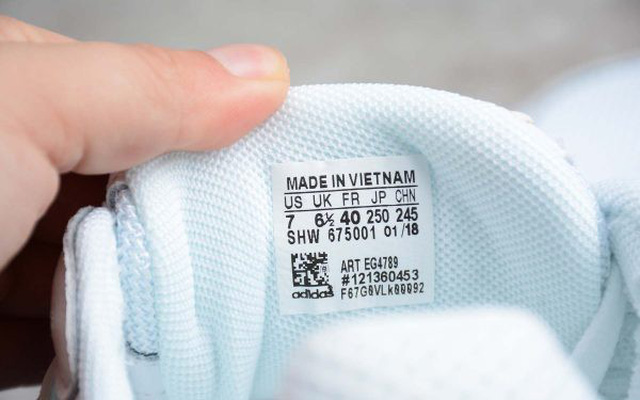
Recently, fashion industry executives have spent a lot of time and effort "guessing" what US President Donald Trump will do next. Brands will have to really focus on the issues as well as the fish c current trend.
On October 1, 2019, Trump fired another shot at China's manufacturing hubs as he increased existing tariffs on goods, totaling $250 billion. from 25 to 30%.
An additional $300 billion worth of Chinese imports is also taxed at 15% – and is largely focused on garments. This has caused major trouble for many fashion brands that are manufacturing their goods in China and market their products in the US market.
Since the start of Trump's presidency, brands such as Uniqlo, Levi, Crocs, Ralph Lauren, Calvin Klein and Tommy Hilfiger have simultaneously moved their entire manufacturing bases out of China.
Politics isn't the only factor — rising labor costs and increasingly pronounced inequality between Chinese and foreign businesses have left companies feeling "tired" with China even before the trade war.
Sean Coxall, head of supply chain management firm Li & Fung, said: "We've been working with key customers on contingency planning since Trump entered the White House. and any company that is not prepared in advance for the changes set by the White House boss is, in my opinion, quite "stupid". President Donald Trump, as we have seen, he said he did, so there is no reason for him to be afraid of a trade war?"
The trade conflict with China is intensifying, and production chains are moving strongly, though few of them are seeing the U.S. as their final destination, even if Trump wants to.
"All the companies are nervous and nervous, but even then they have no intention of going back to the U.S.," said Matt Priest, president of the American Footwear Retailers and Distributors Association. "Even so, Supply chains cannot constantly change to keep up with political decisions. So even though our association members started leaving quite early, about 70 percent of their products are still made in China."
"According to most data, China could overtake the U.S., becoming the world's largest fashion market by 2020. So some Chinese brands don't really care much about what's happening in the U.S., because it's no longer at the center of the industry," said Weyan Lui, of research firm L2. "However, any Chinese brand that has interests in the U.S. will be affected by this, and is concerned about a sharp price increase that will affect their U.S. sales."
For any fashion brand interested in tariffs, the only option is to move production overseas, and some Asian countries are proving very attractive. Prominent is Vietnam, which has long been a reasonable choice - especially when it comes to footwear.
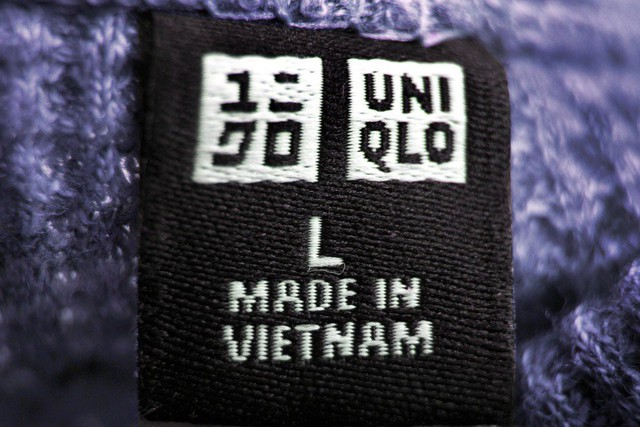
Vietnam has free trade with many final markets including 28 EU countries, Australia, Canada, Japan, Mexico, New Zealand, and Singapore.
Workers are highly skilled, and while wages are at $216 a month, less than half of China's. Infrastructure is being perfected and unlike in some countries in the region, electricity is still reasonably cheap thanks to Government subsidies.
Coxall said Vietnam is a great choice for the production of high-value commodities and is certainly a market that will benefit from the trade war between the U.S. and China: "I can say that at this point, Bangladesh has an advantage in apparel and Vietnam has an advantage in footwear; they produce a much higher amount of footwear than anywhere else in Southeast Asia. They also produce very high quality footwear, which is why Uniqlo manufactures all footwear in Vietnam even though they rely mainly on Bangladesh for everything else."
By Young Intellectuals/South China Morning Post
Related News
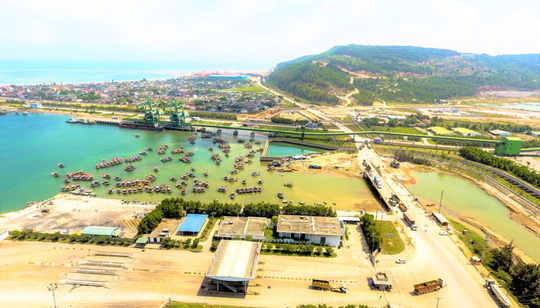
Foxconn pours $1.5 billion into Thanh Hoa to produce for Apple
14/2/2021
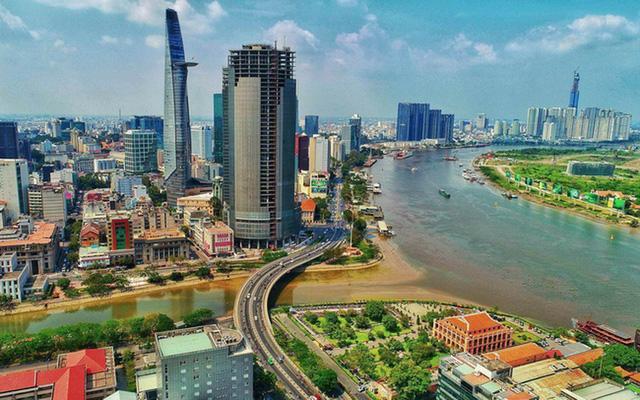
We have generated more than $1,200 billion in GDP
11/11/2020
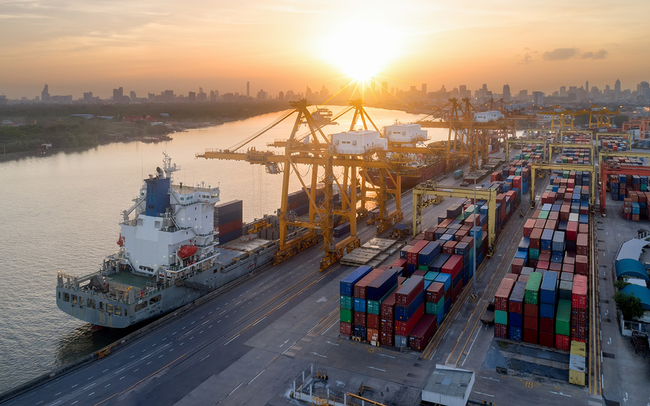
Vietnam's economic growth forecast for the 4th quarter of 2020 and 2021: Will recover in a V-shape, in 2021 it will increase by about 6.5 - 7%
21/10/2020
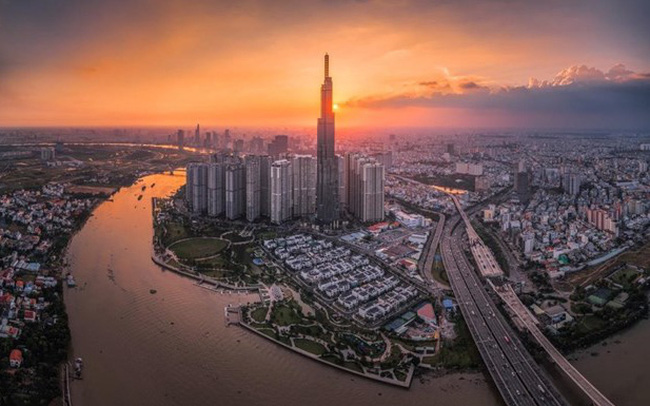
Standard Chartered: Vietnam's GDP growth forecast of 3% in 2020 and 7.8% in 2021
20/10/2020
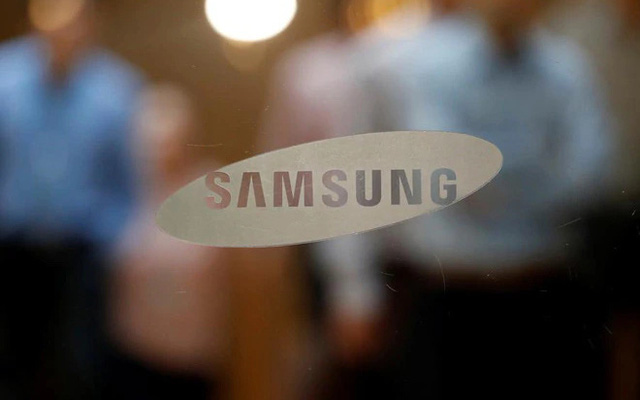
Samsung's outstanding moves in Vietnam and other countries in the "year of Covid-19"
20/10/2020
Featured Articles
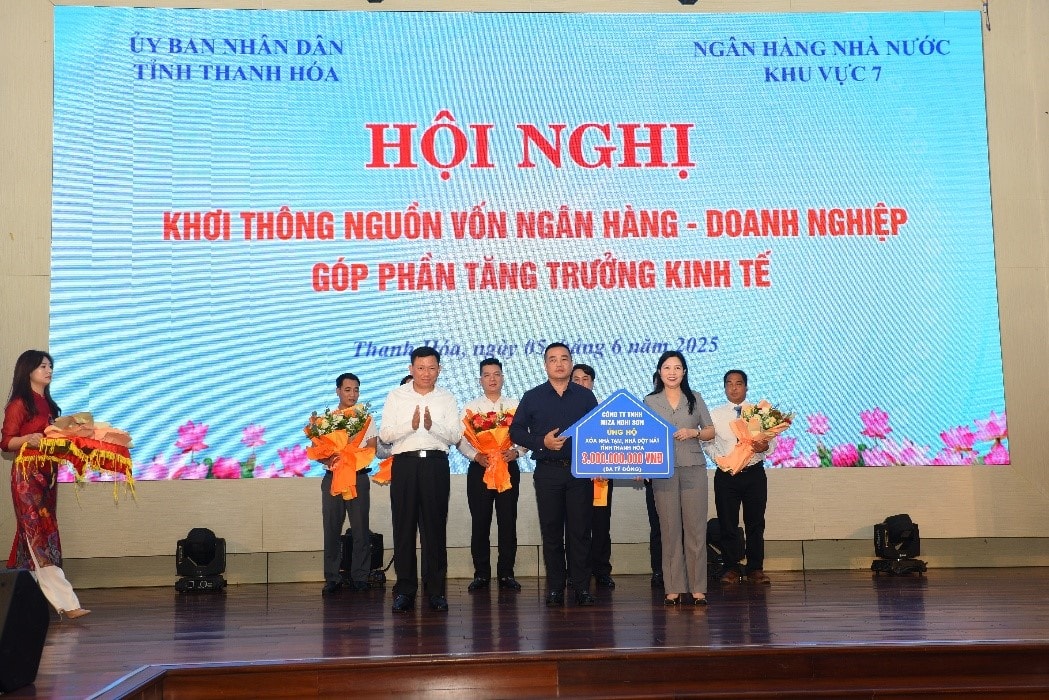
Miza Group donated 3 billion VND in response to the contest movement "The whole country joins hands to remove temporary houses and dilapidated houses" in Thanh Hoa
7/6/2025
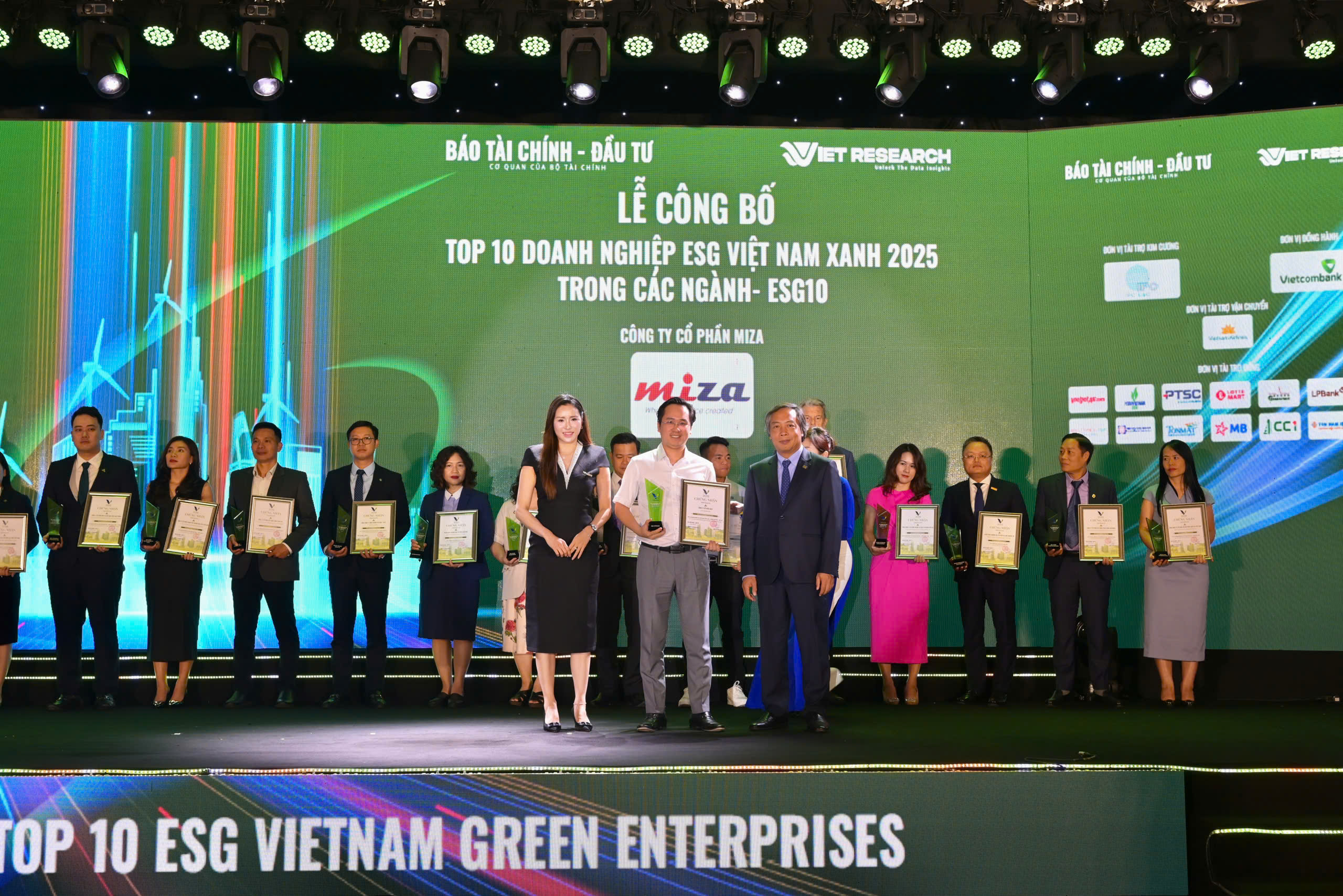
MIZA GROUP ENTERS THE TOP 10 GREEN VIETNAM ESG 2025 THANKS TO THE CIRCULAR ECONOMY DEVELOPMENT STRATEGY
27/6/2025

Miza (MZG) shares are officially listed on UPCoM
12/11/2024
